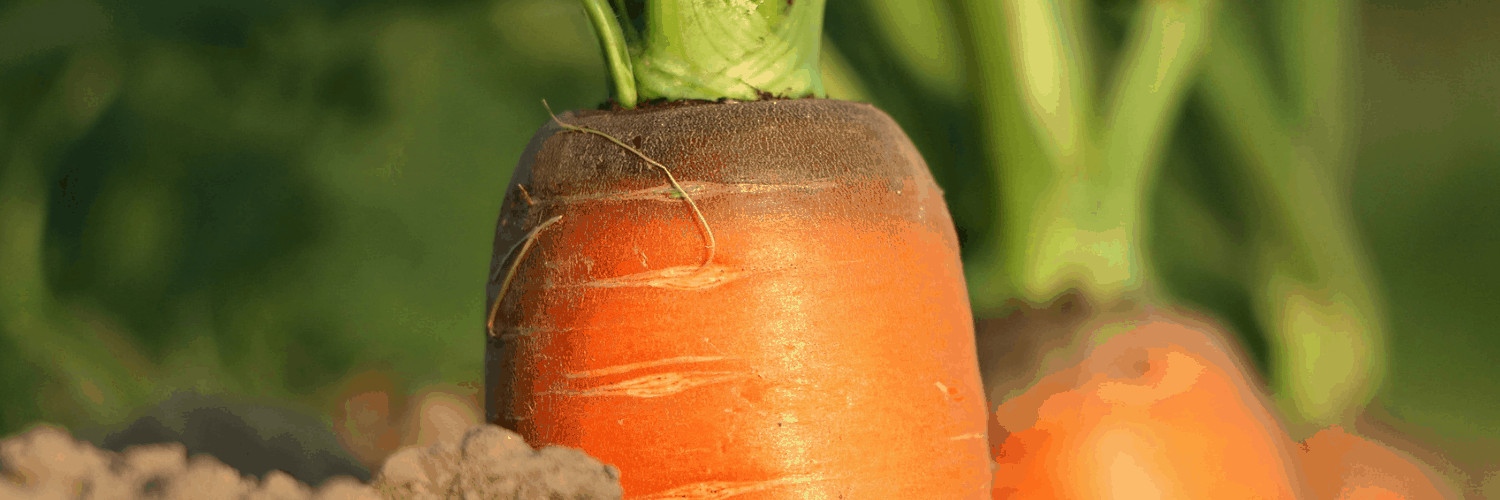George Ohsawa, founder of modern day macrobiotics, created a philosophy and lifestyle that was new and innovative during his time. In his book, Zen Macrobiotics, he was not only promoting prevention of diseases and prolonged life but also for spiritual awakening. Here are our takeaways on his zen macrobiotic practices and ideas on diet, water intake, and spirituality.
Zen Macrobiotics
With zen macrobiotics, Ohsawa developed the practice of appreciation and gratitude towards food. He felt that a plant based diet connected you to nature and a positive attitude with food achieved balance and happiness. Ohsawa’s zen macrobiotics made spirituality easy to understand and apply into daily life. This practice attracted many people because they were looking for a way to feel healthy physically, spiritually, and emotionally. Today, at SHI Macrobiotics, we still teach the zen macrobiotic spirituality and gratitude as part of our guidelines to a healthy lifestyle. We agree with Ohsawa on the importance to sit down and enjoy your meal. Enjoying your meal creates order in your daily life and pushes you to be more conscious of what you are eating.
Building Upon Ohsawa’s Zen Macrobiotics
Even though we agree with his encouragement of spiritual awakening and gratitude for food and life, Ohsawa’s zen macrobiotic diet was too restrictive and oversimplified. In Zen Macrobiotics, Ohsawa listed ten diets that slowly took away deserts, fruits, animal, and lastly vegetables. Leaving Diet No. 7 containing only consumption of grains. This made people assume it was the best macrobiotic diet. But a diet of just grains is not sustainable or practical in the long run. At SHI, we also value grains in the diet but have adapted the macrobiotic diet to modern times. Our macro diet contains less grains and more consumption of vegetables and beans because modern life is less active, spending more time sitting, and has lower quality of food, weakening our digestive ability.
Something to know is one deficiency happening worldwide is B-12 which comes from dirt. When we had mainly small family farms, they would get B-12 through their vegetables because dirt was found in the cracks. But today’s vegetables are processed and cleaned. This means you may need to take a supplement for B-12. Keep in mind, if you are concerned about this deficiency and are questioning the macrobiotic diet, you need to realize that the modern diet is deficient in a number of nutrients. According to U.S. Dietary Guidelines, the modern diet is lacking in calcium, potassium, fiber, magnesium, vitamin A, vitamin E, and vitamin C. All of these nutrients are abundant in a varied macrobiotic diet.
Water Intake and Modern Macrobiotics
Another zen macrobiotic philosophy by Ohsawa was reduction of water intake. Even though we do not feel water intake needs to be reduced as much, we also do not agree with the eight glasses of water rule. This is too much water. What you need to know is the most important fluids should be coming from your food. On a macrobiotic diet based on grains, beans, vegetables, fruits, and pickled and fermented food will give you plenty of fluid. Then satisfy your thirst with water or tea when needed. (Bancha tea recipe) However, our modern diets are extremely dry because the processed foods are not refreshing that is why it seems we need the eight glasses of water.
George Oshawa created and has contributed greatly to macrobiotics. He brought to a light a new way to think and feel about food and the environment around us. We have learned a lot and been inspired from him and have built upon his teachings of zen macrobiotics. If you are looking to learn more about the macrobiotic principles and the seven steps to great health check out our course,Beginner Course.
Do you want to learn more about macrobiotics? Check out all of our macrobiotic courses!




SHI relies on your support.
This content is possible because of donations from people like you. If you valued this article then take a moment and make a donation to benefit the SHI community. Any amount truly makes a difference.
Give $25, $50, $75, $100 or a different amount that makes sense for you.
Donate Now